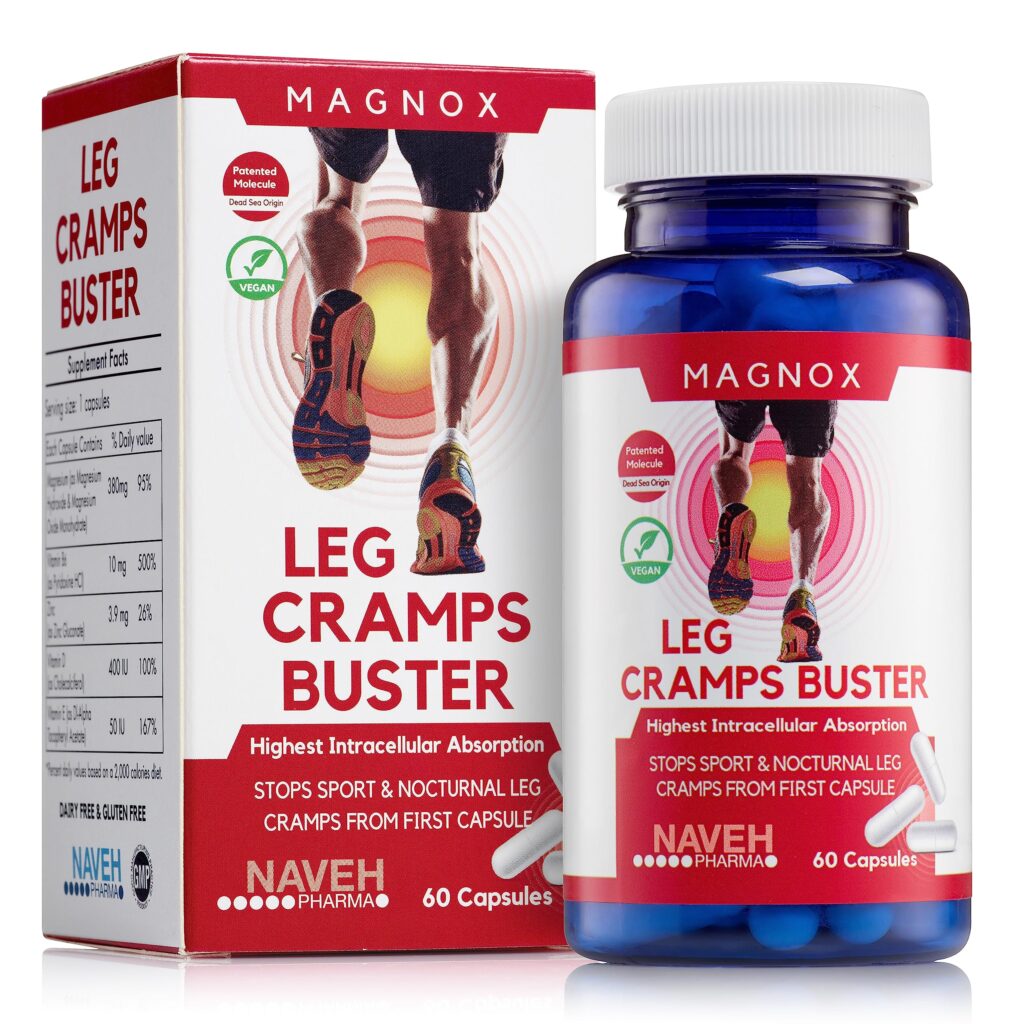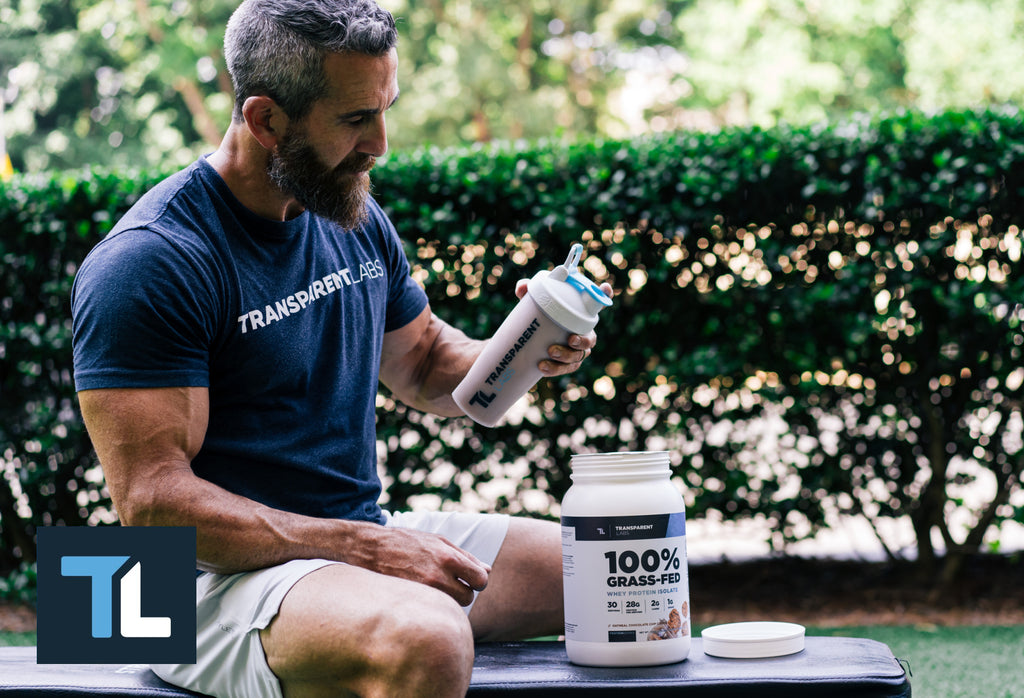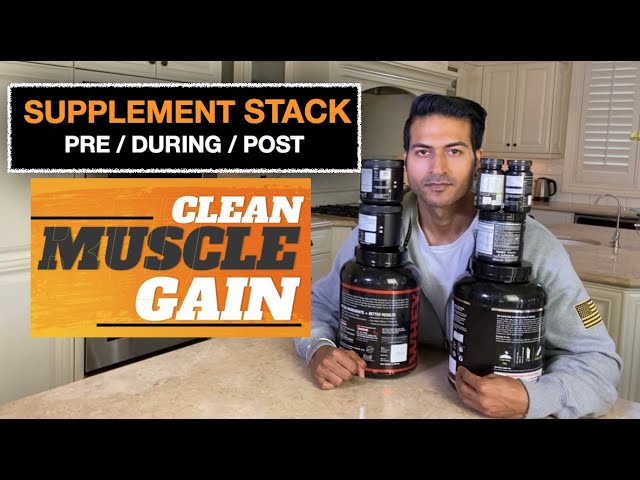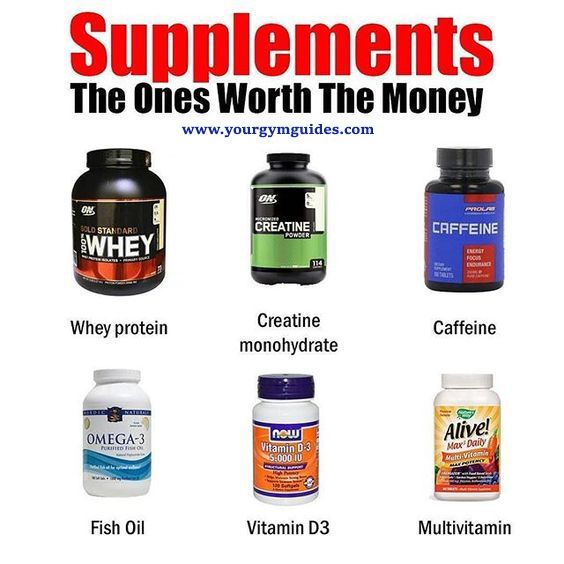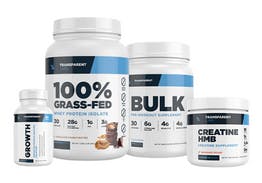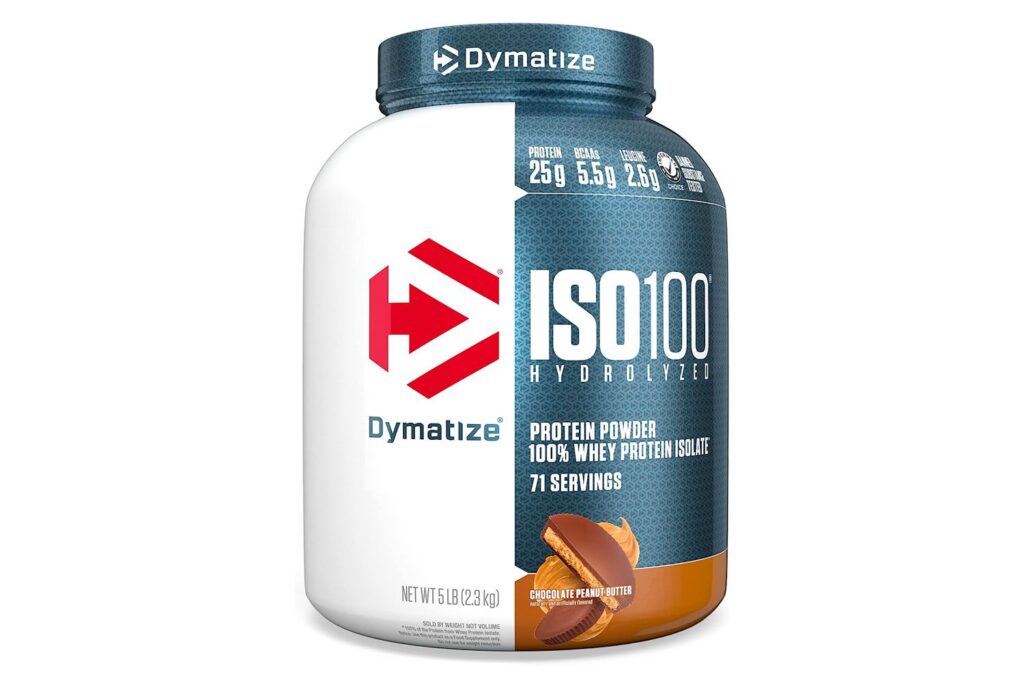Muscle not building may result from improper training, poor nutrition, or inadequate rest. Addressing these factors can enhance muscle growth.
Building muscle requires a strategic approach combining effective training, balanced nutrition, and sufficient rest. Many people struggle with muscle growth due to common mistakes such as overtraining, underestimating the importance of protein, or neglecting rest days. Proper strength training with progressively heavier weights stimulates muscle fibers.
Consuming a protein-rich diet provides essential nutrients for muscle repair and growth. Rest and recovery allow muscles to rebuild stronger. Ensuring each of these elements is in place can significantly improve muscle-building efforts. Understanding and addressing these key factors can help achieve desired muscle growth and overall fitness goals.

Credit: goqii.com
Nutrition Essentials
Muscles need protein to grow. Eat foods like chicken, fish, and beans. Protein shakes help too. Aim for a balance of protein at each meal. Breakfast, lunch, and dinner should all include protein. This helps muscles rebuild after workouts. Remember, your body uses protein to make muscle stronger.
A balanced diet includes fruits, veggies, and whole grains. Don’t forget healthy fats like nuts and avocados. These foods give energy and help muscles recover. Eating a variety of foods ensures you get all nutrients. Avoid too much sugar and junk food. They can slow muscle growth.
Effective Workouts
Compound movements use multiple muscle groups. Exercises like squats, deadlifts, and bench presses are examples. These exercises build more muscle faster. They also improve overall strength. Compound movements can save you time.
Progressive overload means increasing weight or reps over time. This makes muscles grow bigger and stronger. Start with a weight you can lift comfortably. Gradually add more weight or do more reps each week. This way, muscles get a good workout and grow.
Rest And Recovery
Sleep is crucial for muscle growth. The body repairs itself during sleep. Aim for at least 8 hours of sleep each night. Poor sleep can hinder muscle recovery. Quality sleep boosts muscle recovery and growth.
Active recovery includes light exercises. It helps muscles heal faster. Walking, swimming, and yoga are great options. These activities increase blood flow to muscles. Blood flow delivers nutrients and removes waste. This speeds up muscle repair.

Credit: builtwithscience.com
Consistency Matters
Consistency in workouts is crucial for muscle growth. Skipping routines or irregular training hinders progress and strength development. Regular, focused exercise ensures better muscle gains and overall fitness.
Routine Adherence
Sticking to a routine is key. Muscles need regular workouts to grow. Missing workouts can slow progress. Keep a schedule and follow it closely. Consistent effort shows great results over time. Skipping days can lead to setbacks. Regular training helps muscles adapt and get stronger.
Tracking Progress
Track your progress to see improvements. Write down your workouts and weights used. Check your strength gains weekly. Tracking helps you stay motivated. Seeing progress on paper is encouraging. This method shows what works best. It also helps in making necessary adjustments.
Proper Form
Correct technique is key to building muscle. Always focus on proper alignment. Your back should be straight during exercises. Use mirrors to check your form. Start with lighter weights until your form is perfect.
Slow and controlled movements are better. Avoid jerking motions. Engage your core while lifting. Breathing is important, too. Inhale during the easier part. Exhale during the hard part.
Warming up reduces injury risk. Stretch your muscles before workouts. Never skip your warm-up routine. Use the right equipment to avoid strains. Don’t lift weights that are too heavy. Increase weights gradually.
Listen to your body. Stop if you feel pain. Cool down after workouts. Stretch again to relax your muscles. Drink plenty of water to stay hydrated.
Supplements Guide
Creatine helps muscles get stronger. It gives muscles more energy. Many athletes use it. It can help with short bursts of activity. Some people see results in a few days. Others may take longer. It is safe for most people. Always drink plenty of water with creatine.
Protein helps muscles grow. It repairs muscle damage after workouts. Many types of protein powders exist. Whey protein is popular. It digests quickly. Casein protein digests slowly. Both are good for building muscle. Some people prefer plant-based proteins. These include pea or soy protein. Mix protein powder with water or milk. Drink it after workouts for best results.
Mind-muscle Connection
Clear your mind before a workout. This helps you focus better. Breathe deeply to relax. Think about the muscle you want to train. Feel each movement as you exercise. This helps the muscle grow.
Picture your muscles getting bigger. Imagine how they will look. Visualizing helps your brain connect with your muscles. Stronger connections mean better workouts. Close your eyes and see yourself lifting weights. Make it feel real in your mind. This boosts your confidence and performance.

Credit: www.youtube.com
Common Mistakes
Muscles need rest to grow. Overtraining can harm muscle growth. Rest days are important. Muscles repair during rest. Overtraining can cause injuries. Injuries slow down progress. Train smart, not just hard.
Warm-ups prepare muscles for exercise. They help prevent injuries. Skipping warm-ups can cause muscle strains. Warm-ups improve blood flow. They make muscles more flexible. Always warm up before workouts.
Frequently Asked Questions
Why Am I Not Gaining Muscle?
You might not be eating enough protein or calories. Poor workout routines and insufficient rest can also hinder muscle growth.
What Foods Help Build Muscle?
Protein-rich foods like chicken, fish, eggs, and beans support muscle growth. Also, include carbs and healthy fats.
How Often Should I Work Out?
For muscle gain, aim for 3-5 strength training sessions weekly. Allow rest days for recovery and growth.
Does Sleep Affect Muscle Growth?
Yes, sleep is crucial for muscle recovery and growth. Aim for 7-9 hours of quality sleep each night.
Conclusion
Achieving muscle growth requires patience, proper nutrition, and consistent training. Addressing factors like sleep, stress, and workout variety can help. Stay committed, and results will follow. Remember, persistence is key to building muscle effectively. Keep pushing your limits and listen to your body for optimal gains.


